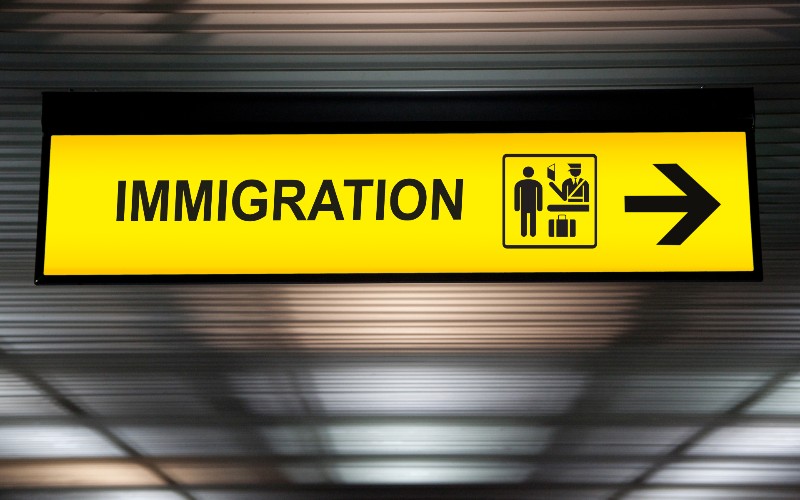
News headlines have this week been dominated by the decision of Australian Border Force to refuse Serbian tennis star Novak Djokovic’s entry clearance to the country for the purposes of competing in the Australian Open. Today, the Australian Federal Circuit Court handed down its judgement in his appeal against that refusal. The judgement deemed the decision of Australian Border Force “unreasonable”.
The current entry requirements for Australia mean that travellers entering the country must apply for a travel exemption, unless certain circumstances apply. According to the Australian Department of Home Affairs at the time of writing, those circumstances include holding Australian nationality, being a permanent Australian resident and being a fully vaccinated holder of a relevant Australian visa among others (see www.covid19.homeaffairs.gov.au/travel-restrictions for the full guidance on Australia’s travel exemptions).
In Djokovic’s case, the BBC has reported that the Australian Border Force were unsatisfied with the evidence Djokovic produced on arrival to demonstrate that he was eligible for entry clearance. The details of precisely what type of visa he held, whether he had applied for a travel exemption and what medical evidence was presented is not clear but undoubtedly more information will emerge now that the judgement has been handed down.
While immigration law in Australia is distinct from that of the UK, parallels can be drawn between the process faced by Djokovic and the entry clearance procedures required to enter the UK. The case highlights that when it comes to visas and immigration rules, it is essential to understand what requirements apply to you before you travel.
Non-UK nationals travelling to the UK must check whether or not they require a visa based on the personal circumstances, notably the purpose and duration of their proposed time in the UK. Certain nationalities are permitted to enter the UK for tourism purposes for up to 6 months without the need for a prior visa application. However, where a visa is required, the correct application for entry clearance must be submitted to UK Visas and Immigration, a branch of the Home Office, before travel.
The processing times for entry clearance applications vary depending on the visa category but on average, a standard application can take anywhere between 3 and 12 weeks to be decided. Priority application fees can be paid but are not always guaranteed to be available. Forward planning is therefore essential to avoid disruption to your plans.
Even where entry clearance has been granted, all travellers entering the UK must then ensure they are able to show the correct documentation upon arrival to be permitted entry. As a result of the pandemic, this now includes exceptional requirements to produce a completed Passenger Locator Form along with vaccination records and/or PCR test results. These requirements change regularly and may differ between the four nations of the UK, therefore it is essential that travellers check the applicable requirements in advance, even if they hold a valid UK visa.
Failing to hold the correct visa or documentation for entry clearance can result in consequences similar to those faced by the tennis star: refusal of entry, immigration detention and deportation. It is important to bear in mind that in the UK, an individual who has been refused entry or deported may face difficulties in future entry clearance applications where suitability criteria apply.
The reporting in Djokovic’s case has highlighted a lack of clarity as to which authority had purportedly granted his travel exemption: the Australian federal government, the local government of Victoria or Tennis Australia. In the UK, the decision to grant or refuse entry clearance lies with the UK Home Office, with Border Force being the branch of the Home Office responsible for the UK ports. Therefore, regardless of any sponsorship or endorsement you have received from an individual, employer, or organisation, you must still apply to the Home Office for the correct visa where required and ensure you are equipped with the correct documentation to demonstrate to Border Force that you meet the requirements for entry.
For more information contact agaurjit on 03330 430350.
